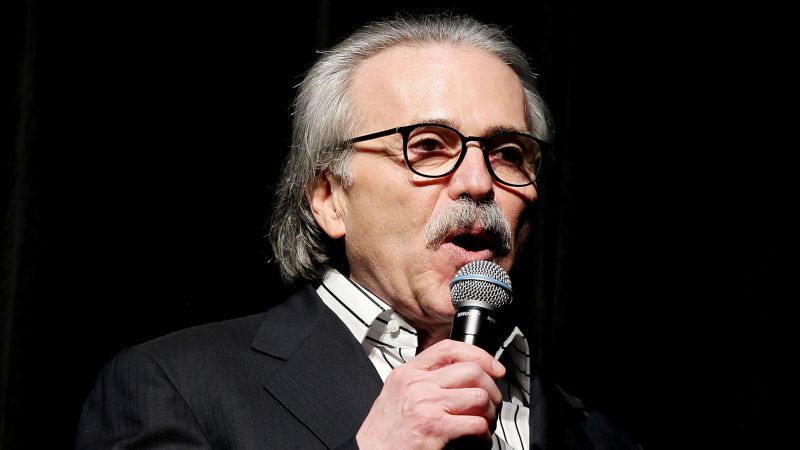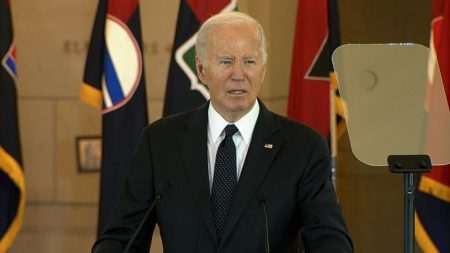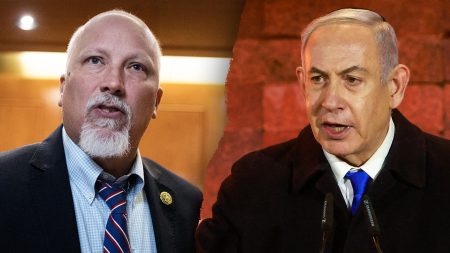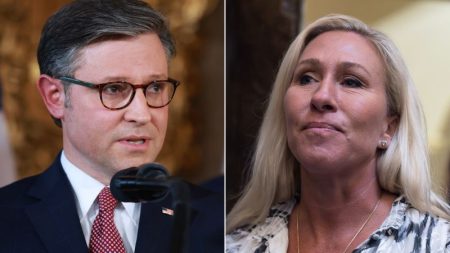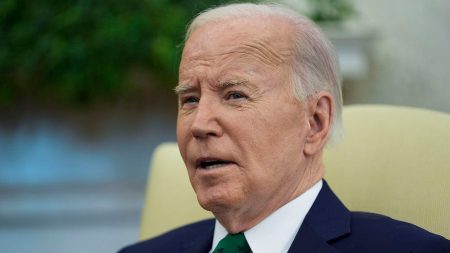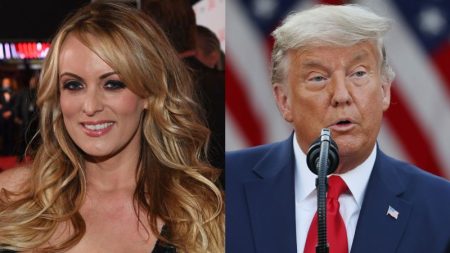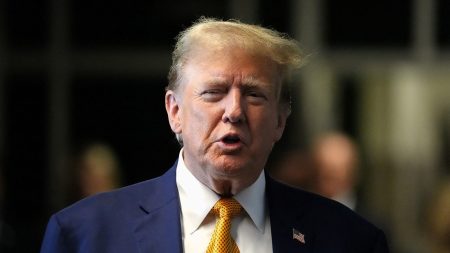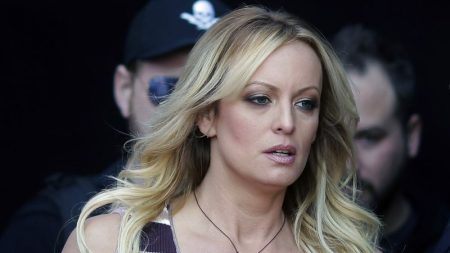During the cross-examination, Pecker admitted to using “catch and kill” in order to suppress stories about Donald Trump’s alleged extramarital affairs in order to protect his presidential campaign. This admission is significant as it sheds light on the tactics used by powerful media figures to influence elections. The fact that a major media outlet like the National Enquirer would engage in such behavior raises questions about the integrity of the press and its role in democracy.
Pecker’s admission also raises questions about the extent of his involvement in Trump’s campaign and the potential impact it had on the outcome of the 2016 elections. If a media mogul like Pecker was willing to suppress stories to benefit a particular candidate, what other tactics may have been used behind the scenes to sway public opinion? This case highlights the need for transparency in media ownership and editorial decision-making to prevent undue influence on the political process.
CNN reporter Dana Bash’s reaction to Pecker’s admission reflects the shock and disbelief felt by many observers. The idea that a media executive would engage in such unethical behavior for political gain is troubling and undermines the credibility of the press. Bash’s response also underscores the importance of holding powerful individuals and institutions accountable for their actions, especially when it comes to manipulating public opinion through the media.
The case involving Pecker and the National Enquirer serves as a cautionary tale about the dangers of unchecked media power and the potential consequences of allowing media outlets to operate without ethical oversight. In a democracy, a free and independent press is essential for holding those in power accountable and informing the public about important issues. When media figures abuse their power to influence elections and suppress critical information, it threatens the very foundation of democracy and undermines the trust that the public has in the press.
The Pecker case also highlights the need for greater scrutiny of media ownership and consolidation to prevent abuses of power. When a few powerful individuals or corporations control a large portion of the media landscape, there is a risk that they will prioritize their own interests over those of the public. In the case of Pecker, his ties to Trump and willingness to suppress negative stories raise concerns about conflicts of interest and the influence of money and power in shaping media coverage.
Overall, the admission by David Pecker about suppressing stories to help a presidential candidate raises important questions about the role of the media in politics and the need for transparency and accountability in media ownership and editorial decision-making. As the case unfolds, it will be important to consider the implications of Pecker’s actions for press freedom and democracy, and to take steps to prevent similar abuses of power in the future. The Pecker case serves as a wake-up call for the media industry to address ethical lapses and conflicts of interest to ensure that the press remains a trusted source of information for the public.





